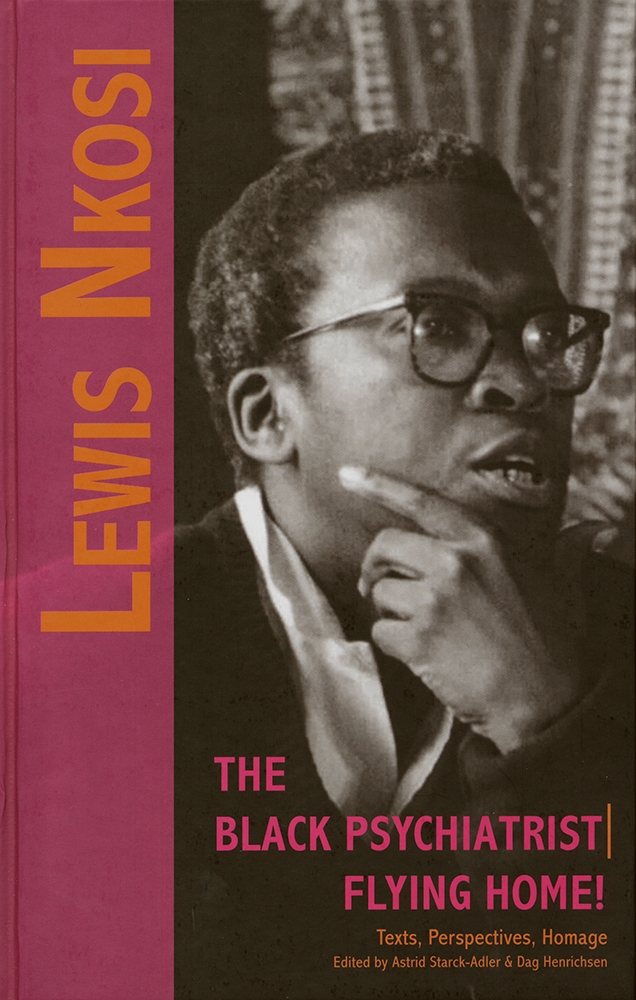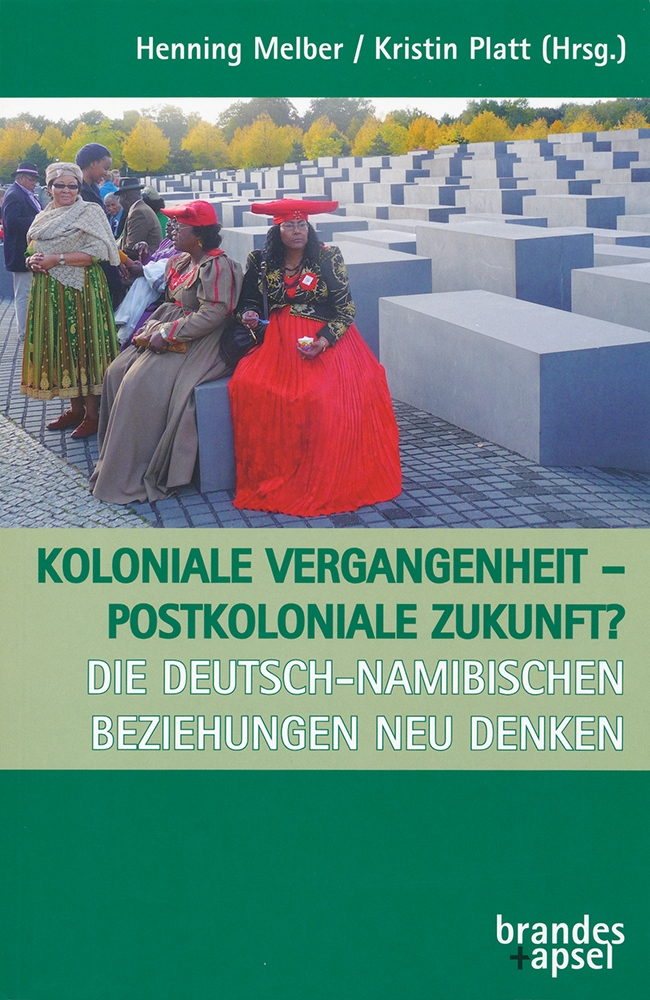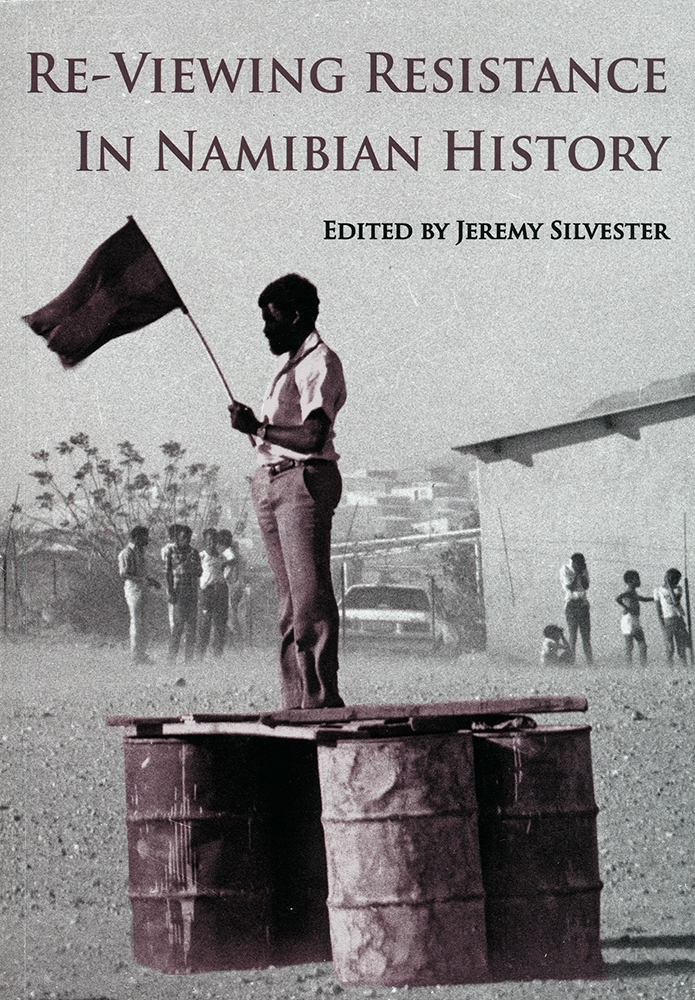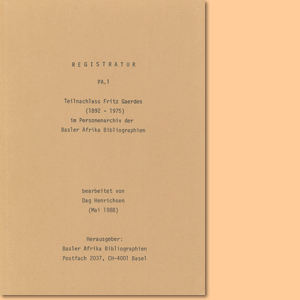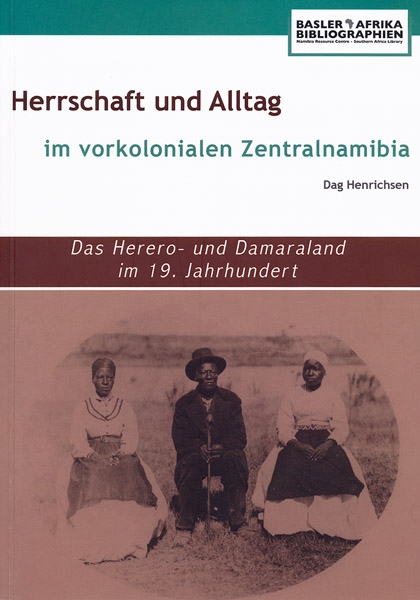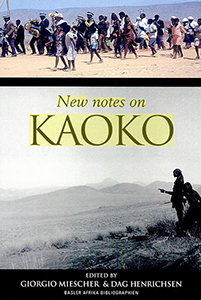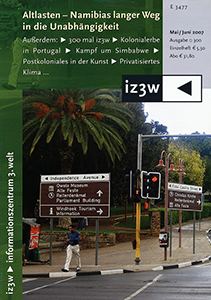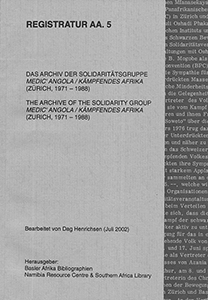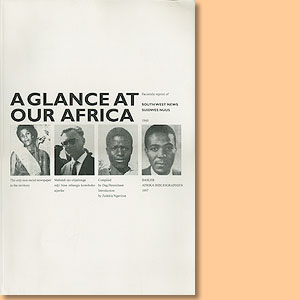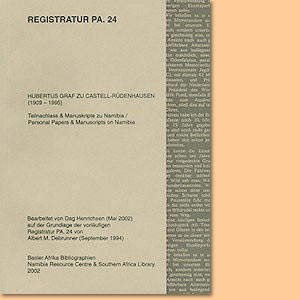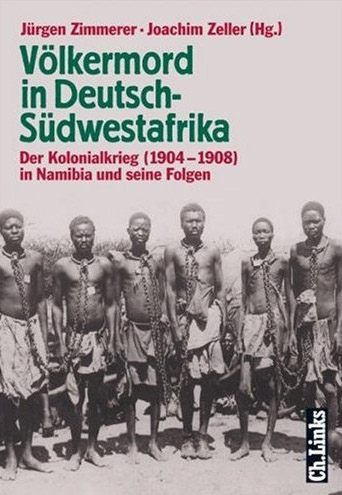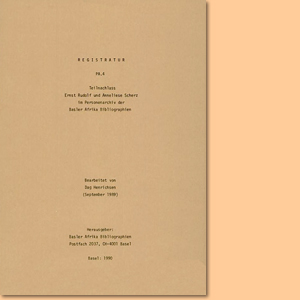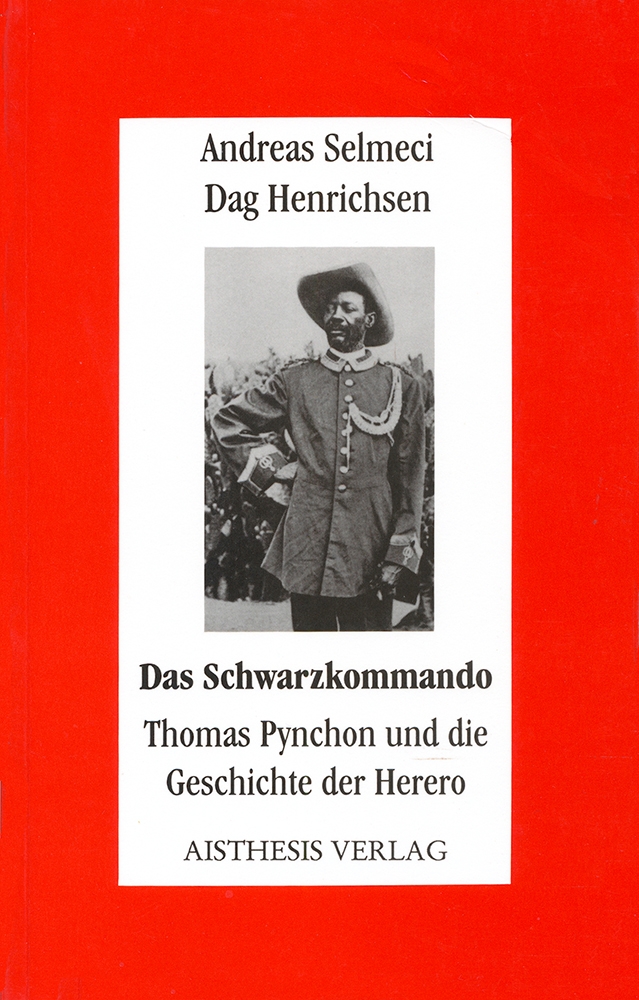Lewis Nkosi. The Black Psychiatrist / Flying Home, by Astrid Starck-Adler and Dag Henrichsen.
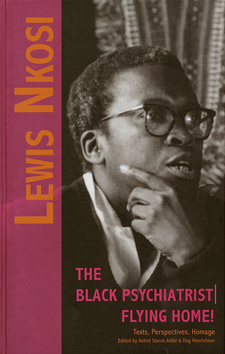
Lewis Nkosi. The Black Psychiatrist / Flying Home, by Astrid Starck-Adler and Dag Henrichsen. Publisher: Basler Afrika Bibliographien. Switzerland, Basel 2021. ISBN 9783905758887 / ISBN 978-3-905758-88-7
From the introduction of Lewis Nkosi: The Black Psychiatrist / Flying Home, by Astrid Starck-Adler and Dag Henrichsen.
"All stories have a starting point; naturally" wrote Lewis Nkosi, when he sat down in Basel, Switzerland, in 2008 to write a first sketch of an autobiography he never could commence to write. The eminent South African writer, journalist, critic and literary scholar, born in 1936 in Durban, exiled from apartheid South Africa in 1960, returning home for the first time in 1991 and finding at last, in 1998, domicile in Basel, died in Johannesburg in 2010. During his last years, and as part of his memoir project, he embarked on travels in his country, linking up with family members, friends and colleagues, searching for family graves and visiting former schools and working places. The grave of his grandmother Esther Makhathini, who raised him, was particularly important to him. Fifty-two years after her death he finally stood at a gravesite in Chesterville (Durban) that once was hers and grieved, tucking away a small bottle with sand into his jacket's top pocket and patting it closer to his heart. [...]
The Starting Point
All stories have a starting point, naturally. My life-story commences in a life of a parentless and homeless child. I never saw my father; my mother died when I was seven and my grandmother, to whom my first novel Mating Birds is dedicated, brought me up: To Esther Makhathini who washed white people's clothes so that I could learn to read and write. In consequence, I spent most of my childhood being shunted around from friends' to relatives' houses while my grandmother did laundry to put me through school, and these schools were so numerous and my teachers so various that a great deal of my research will entail a search for an army of dead relatives, old teachers (one of whom, Mr Dubazana, a great teacher and revered choir master incredibly [sic] died last year). Then, of course, there are the old school friends and acquaintances. Going to find these individuals will, no doubt, help me to reconstruct my childhood. After boarding school at Eshowe I worked briefly as a common labourer at a chemical plant for the manufacture of fertilizers. Later I worked at a paint-making factory in Durban and as a timekeeper on a building site. The next move was joining the Ilanga lase Natal before going on to join DRUM in Johannesburg. It is now common knowledge that DRUM writers constitute an important segment among a group of individuals who were in the forefront of the development of modern African literature in South Africa. This group by itself deserves a fuller story. Then as reporters for Drum and Golden City Post we were enabled to follow the vicissitudes of political resistance in all its aspects, Sophiatown, Alexandra, Cato Manor, District Six were its outposts. Nat Nakasa and I used blankets to collect bodies at Sharpeville [during the massacre of I960]. These locations form a backdrop to our lives. They deserve memorialisation since many of them have been erased. I hope my Memoirs will help to do this. The first part of this story comes to an end with my departure into exile. I left the country in November 1960 after Sharpeville when I was awarded a Nieman Fellowship at Harvard [in the US]. Without any explanation or justification, which the Government was not obliged to offer, my application for a passport was turned down. Where blacks were concerned this was routine procedure. [...]
This is an excerpt from: Lewis Nkosi. The Black Psychiatrist / Flying Home, by Astrid Starck-Adler and Dag Henrichsen.
Title: Lewis Nkosi. The Black Psychiatrist / Flying Home
Subtitle: Texts, Perspectives, Homage
Editors: Astrid Starck-Adler; Dag Henrichsen
Publisher: Basler Afrika Bibliographien
Switzerland, Basel 2021
ISBN 9783905758887 / ISBN 978-3-905758-88-7
Hardcover, 15 x 22 cm, 468 pages, a few colour photographs
Starck-Adler, Astrid und Henrichsen, Dag im Namibiana-Buchangebot
Lewis Nkosi. The Black Psychiatrist / Flying Home
Lewis Nkosi: The Black Psychiatrist / Flying Home is dedicated to the astounding South African writer and literary critic Lewis Nkosi (1936–2010).
Koloniale Vergangenheit – Postkoloniale Zukunft? Die deutsch-namibischen Beziehungen neu denken
Koloniale Vergangenheit – Postkoloniale Zukunft? Die deutsch-namibischen Beziehungen neu denken. Beiträge zur Komplexität von Erinnerungskultur, Verantwortungsübernahme und gesellschaftlichen Ungleichheiten.
Namibia fürs Handgepäck
Südafrika fürs Handgepäck ist eine Sammlung von Auszügen aus Klassikern der südafrikanischen Literatur.
Re-Viewing Resistance in Namibian History
Re-Viewing Resistance in Namibian History brings together the output of experienced academics and a new wave of Namibian historians.
Bruchstücke. Forschungsreisen in Deutsch-Südwestafrika
Bruchstücke ist eine Sammlung von Briefen des Schweizer Hans Schinz von seinen Forschungsreisen in Deutsch-Südwestafrika.
Teilnachlass Fritz Gaerdes (1892-1975) im Personenarchiv der Basler Afrika Bibliographien
Der Teilnachlass von Fritz Gaerdes ist unter der Registratur PA1 bei den Basler Afrika Bibliographien geordnet.
Herrschaft und Alltag im vorkolonialen Zentralnamibia. Das Herero- und Damaraland im 19. Jahrhundert
Herrschaft und Alltag im vorkolonialen Zentralnamibia. Ein Studie über die Geschichte des Herero- und Damaraland im 19. Jahrhundert.
New Notes on Kaoko
'New Notes on Kaoko' questions the myth of Kaoko, an image of the region as isolated and exotic, through written texts and also through an examination of photographs.
Altlasten. Namibias langer Weg in die Unabhängigkeit
Die 300. Ausgabe mit einem hochinteressanten Namibia-Themenschwerpunkt über die politischen Altlasten und Namibias Weg in die Unabhängigkeit.
Das Archiv der Solidaritätsgruppe Medic' Angola / kämpfendes afrika
Einer Erschliessung der umfangreichen Archivsammlung der Basler Afrika Bibliographien der 1988 aufgelösten "Solidaritätsgruppe Medic' Angola / kämpfendes afrika".
African posters. A catalogue of the poster collection in the Basler Afrika Bibliographien
The catalogue of African posters collection is one of several special collections in the Basler Afrika Bibliographien.
Hubertus Graf zu Castell-Rüdenhausen 1909–1995
Dies ist die Registratur PA.24 des Teilnachlasses und der in Namibia verfertigten Manuskripte von Hubertus Graf zu Castell-Rüdenhausen 1909–1995.
Völkermord in Deutsch-Südwestafrika
Die Beitragssammlung Völkermord in Deutsch-Südwestafrika stellt die Ansichten verschiedener Autoren zum Herero- und Namaaufstand in dar.
Teilnachlaß Ernst Rudolf und Anneliese Scherz
Der Teilnachlaß Ernst Rudolf Scherz und Anneliese Scherz befindet sich im Personenarchiv der Basler Afrika Bibliographien.
Das Schwarzkommando. Thomas Pynchon und die Geschichte der Herero
Das Schwarzkommando. Thomas Pynchon und die Geschichte der Herero. Eine Studie über Pynchons Romanbezug auf ein Geschichtsbild der Herero.

